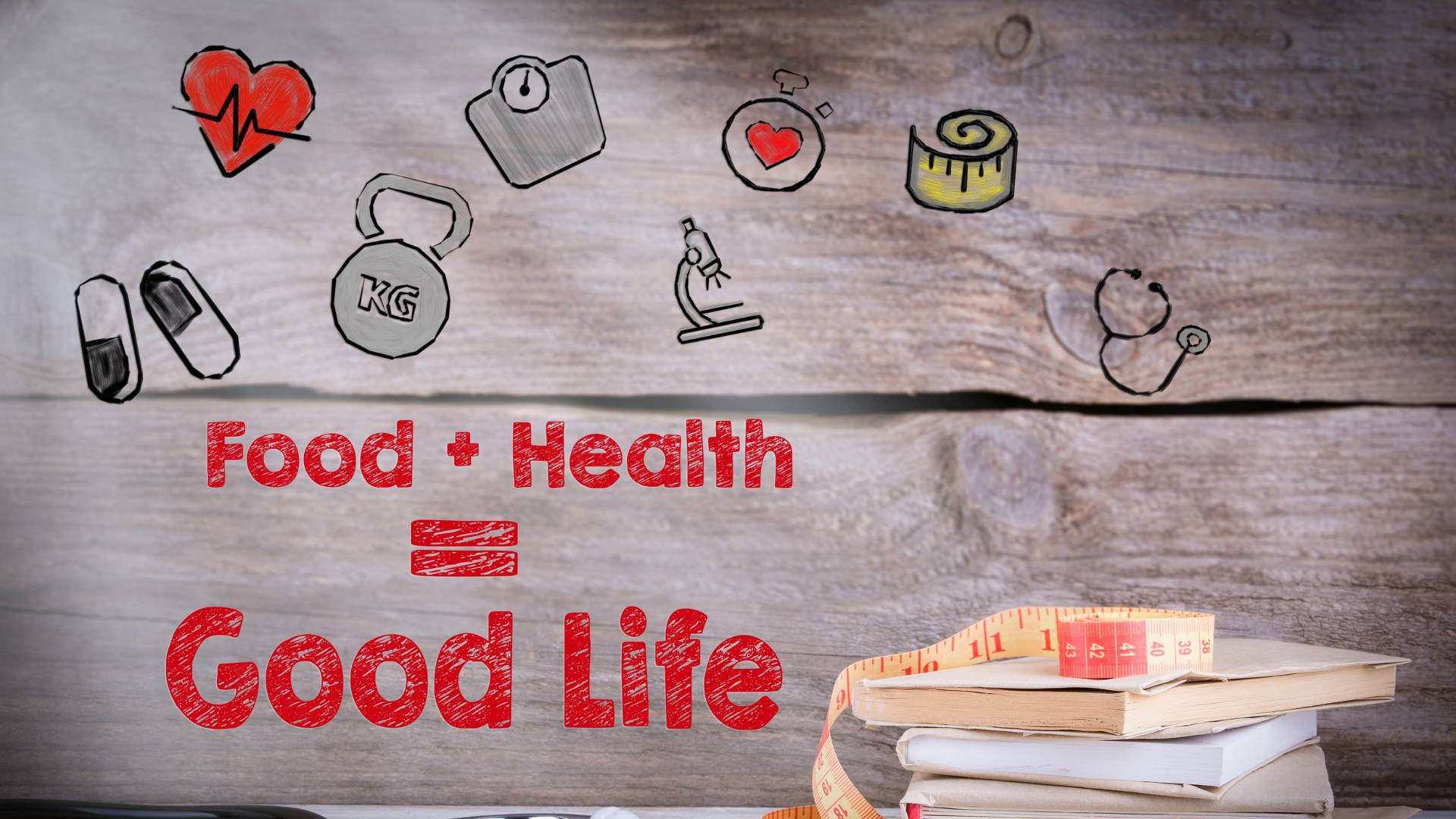The connection between what you eat and how you feel is becoming clearer every day. It's not just a cliché; scientific research is proving a powerful link between nutrition and mental well-being. The food choices you make can influence your mood, energy levels, and even your risk of developing mental health conditions like anxiety and depression. This blog post explores the intricate relationship between your diet and your brain, providing a deeper understanding of how to use food to feel better.
The Gut-Brain Axis: A Two-Way Street
At the heart of this connection is the "gut-brain axis," a direct communication pathway between your digestive system and your brain. Your gut is home to trillions of microorganisms, known as the gut microbiome, and their health can directly impact your mental state. The gut and brain are in constant communication, influencing each other through a complex network of nerves and hormones.
- Neurotransmitter Production: The majority of your body's serotonin, a key neurotransmitter that regulates mood and happiness, is produced in your gut. A healthy gut microbiome is essential for this production.
- Reduced Inflammation: An unhealthy diet can lead to chronic inflammation in the gut, which can then travel to the brain and is linked to mood disorders, including depression. A diet rich in anti-inflammatory foods can protect your brain and improve your mood.
Key Nutrients for a Healthy Mind
Certain nutrients are particularly important for brain health and emotional stability. Ensuring you get enough of these is a great way to support your mental well-being.
| Nutrient | Why It's Crucial for Mental Health | Food Sources |
|---|---|---|
| Omega-3 Fatty Acids | These healthy fats are essential for brain structure and function, helping to reduce inflammation and fight depression. They are crucial for maintaining brain cell fluidity and communication. | Fatty fish (salmon, tuna), flaxseeds, walnuts, chia seeds. |
| B Vitamins | B vitamins, including B12 and folate, play a critical role in the production of brain chemicals that affect mood. Deficiencies in these vitamins have been linked to an increased risk of depression. | Eggs, meat, fish, leafy greens, legumes. |
| Magnesium | Known for its calming properties, magnesium helps regulate neurotransmitters that are vital for mood. It is also involved in managing the body's stress response. | Dark leafy greens, nuts, seeds, whole grains, dark chocolate. |
| Zinc | Zinc deficiency has been linked to anxiety and depression. It's crucial for brain signaling and nerve function and has been shown to support memory and cognitive function. | Oysters, red meat, poultry, beans, nuts. |
The Impact of a Modern Diet
Many modern, highly processed foods can negatively impact your mental health, often by disrupting the delicate balance of your gut microbiome and causing inflammation.
| Food Type | Why It's Harmful to Your Mood | Better Alternatives |
|---|---|---|
| High in Free Sugars | Causes rapid spikes and crashes in blood sugar, leading to mood swings, irritability, and fatigue. These fluctuations can also trigger cravings and a cycle of dependence. | Fresh fruit, unsweetened yogurt, nuts, seeds. |
| Trans Fats | Found in fried foods and processed baked goods, trans fats can increase inflammation and are linked to a higher risk of depression. These fats are difficult for the body to process and can harm brain cells. | Healthy fats from olive oil, avocados, and nuts. |
| Processed Foods | Often lacking in essential vitamins and minerals, these foods don't provide the nutrients needed to support a healthy brain. Their high content of additives, artificial sweeteners, and preservatives can also negatively affect gut health. | Cook with whole foods like fruits, vegetables, lean proteins, and whole grains. |
Simple Dietary Changes for a Better Mood
- Eat the Rainbow: Fill your plate with a wide variety of colorful fruits and vegetables to get a broad range of vitamins, minerals, and antioxidants.
- Embrace Fermented Foods: Incorporate probiotic-rich foods like yogurt, sauerkraut, and kimchi into your diet to support a healthy gut microbiome.
- Mindful Eating: Pay attention to how different foods make you feel. Notice if a sugary snack leads to a crash, or if a balanced meal keeps you energized and focused.
By prioritizing a balanced, whole-food diet, you're not just nourishing your body—you're also feeding your brain and building a strong foundation for lasting mental well-being.
